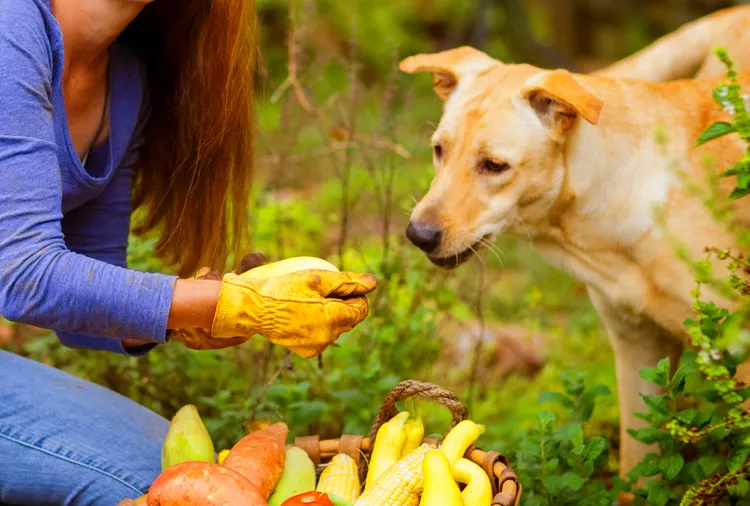
A lot of dogs really enjoy chomping on fruits and vegetables. So, the next time you’re preparing dinner, you may find yourself wondering—can dogs eat squash? Luckily, dogs don’t have to sit this one out. Learn how to share squash with your pup.
Squash comes in a lot of varieties, and luckily for your dog, most of these are safe! Types of squash you can safely feed your dog include zucchini, pumpkin, spaghetti squash, yellow squash, butternut squash, and acorn squash.
No matter which variation you choose, washed, cooked squash is the safest option for your dog. The stems, skins, and seeds can be choking hazards or potentially cause a blockage in the stomach or intestines. Stick to the flesh of this fruit if you're planning to feed squash to your dog.
Some nutritional benefits of squash for dogs include:
If you want to feed canned pumpkin to your dog, make sure it’s plain pumpkin. Pumpkin pie filling is not safe for dogs. Additionally, do not feed your dog any pumpkin items that contain the sugar substitute xylitol, which is toxic to dogs.
For feeding guidelines, Small dogs can have 1-2 teaspoons of squash per day. Larger dogs can have 1-3 tablespoons per day.
If you give your dog too much squash, you could impact their nutritional balance. At least 90% of your dog’s daily caloric intake needs to come from their well-balanced, nutritionally complete diet that meets guidelines set by the Association of American Feed Control Officials (AAFCO). Make sure to speak with your veterinarian if you plan to change your dog’s diet.
Additionally, although most food allergies in dogs occur due to the protein source in the food, it’s possible for a dog to be allergic to squash. Symptoms of a food allergy include itchiness, skin rashes, vomiting, and/or diarrhea. If your dog develops skin issues after eating squash, stop feeding them squash and consult with your veterinarian.
Squash is in great company with several other dog-safe fruits and vegetables. These include:
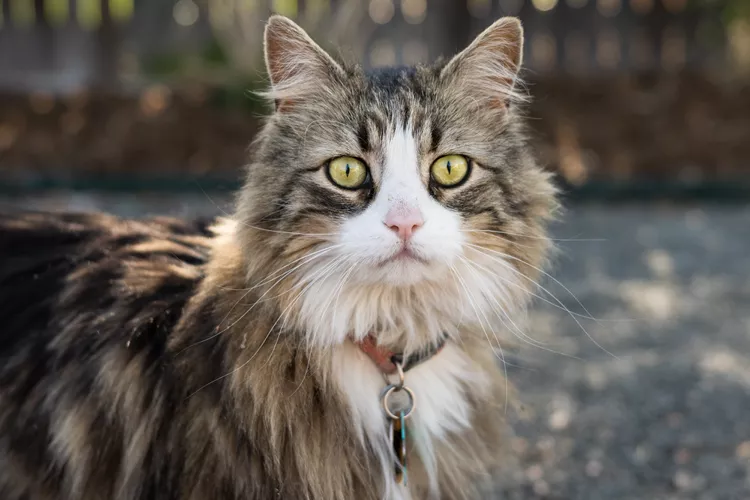
75 Unisex Cat Names
Our gender neutral cat names perfect for your feline friend, with a diverse selection of fun and inclusive options to fit your pet's disposition.
Why Does My Cat Stink?
Is your cat stinky? Find out about the causes of bad odors in cats and when it is something to be concerned about. Learn how to help your stinky cat.
Signs of Rabies in Cats
Rabies is a fatal and contagious virus that can affect cats. Learn about the signs of rabies in cats and what to do about them.
Can Cats Eat Dog Food?
Can cats eat dog food? In small amounts, it's unlikely to be a problem, but long-term feeding of dog food to cats can cause health issues and malnutrition.
Exploring the Different Types of Pet-Friendly Beaches
Are you looking for pet-friendly beaches? Learn about the different types of pet-friendly beaches, their locations, and tips for visiting them with your pet.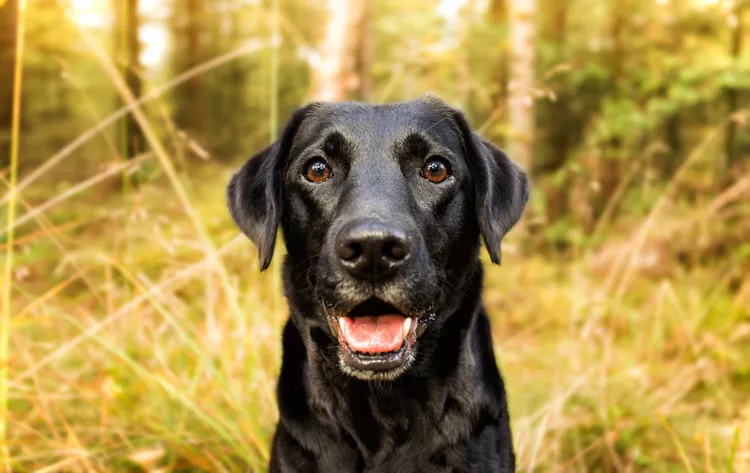
Pulled Muscles in Dogs
A pulled muscle is one of the most common injuries seen in dogs. What can you do if your dog pulls a muscle and how can you prevent it?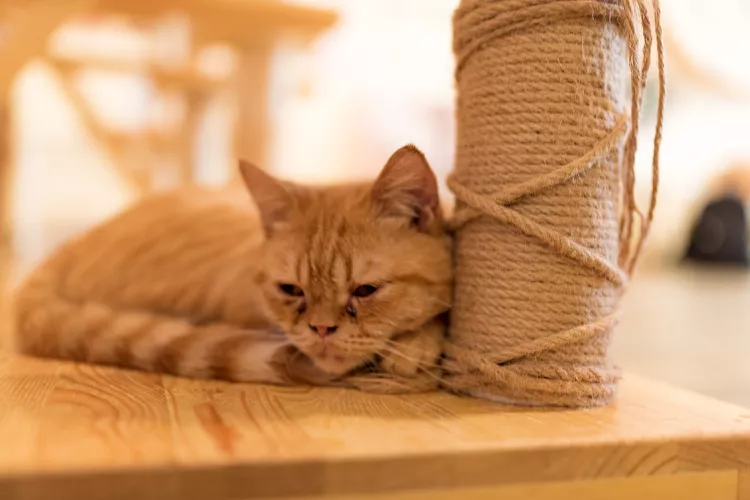
Fibrosarcoma in Cats
Fibrosarcomas are potentially fatal soft tissue tumors that can occur in cats. Learn the causes, treatment, and prevention.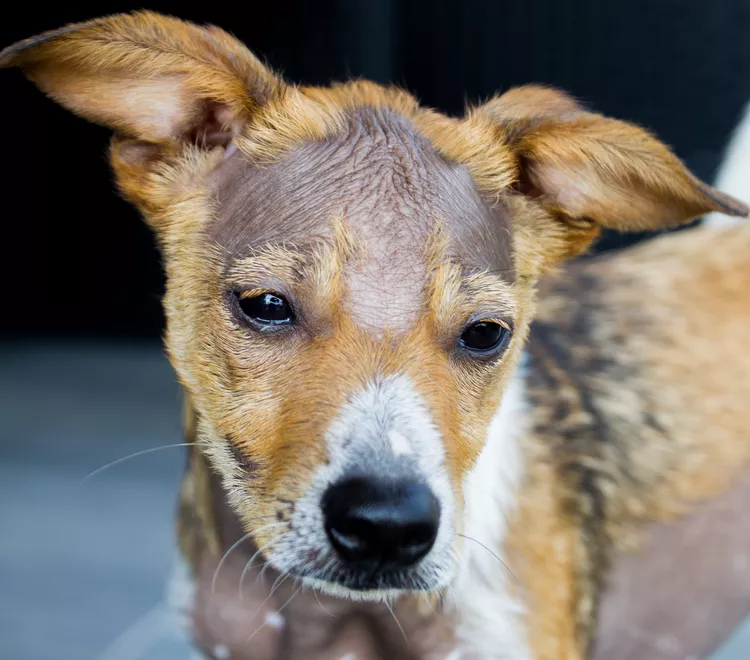
Alopecia in Dogs
Alopecia leads to hair loss and bald spots in dogs. Some breeds may be more at risk. Learn common causes, treatment, and prevention of dog alopecia.
Is Acetaminophen Safe for Dogs?
Acetaminophen is used by humans for pain and fever relief, but is it safe for dogs? Here's what you need to know before giving your dog acetaminophen.
Can Dogs Eat Almonds? Understanding the Risks and Guidelines
Can dogs eat almonds? While a couple likely won't hurt, it's best to avoid feeding your dog this nut. Learn the risks here.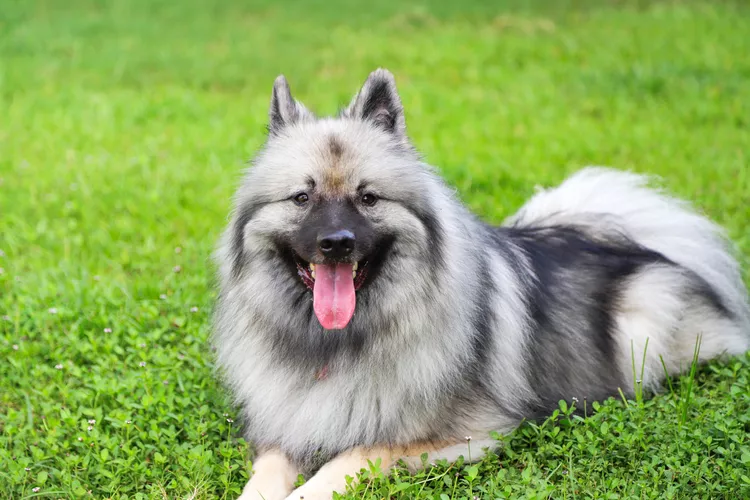
Keeshond: Dog Breed Characteristics & Care
Learn about the keeshond dog, also known as the Dutch Barge Dog. This fluffy spitz breed was bred to guard, but also makes a friendly companion.
Is Rosemary Safe for Dogs?
Rosemary is used both for cooking and as a supplement with many reported health benefits in people, so you may be wondering if it is safe to give to your dog. Rosemary is considered non-toxic for dogs but with some caveats.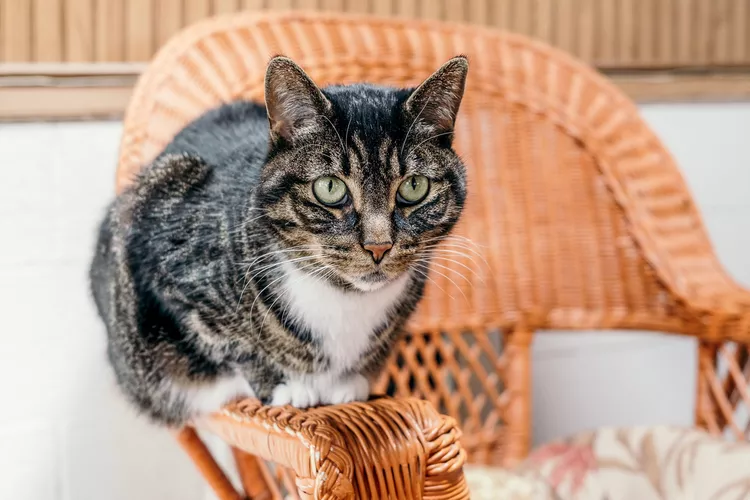
7 Hybrid Cats Breeds
Hybrid cat breeds can make appealing pets since they look more exotic than domestic house cats, but they aren't for everyone.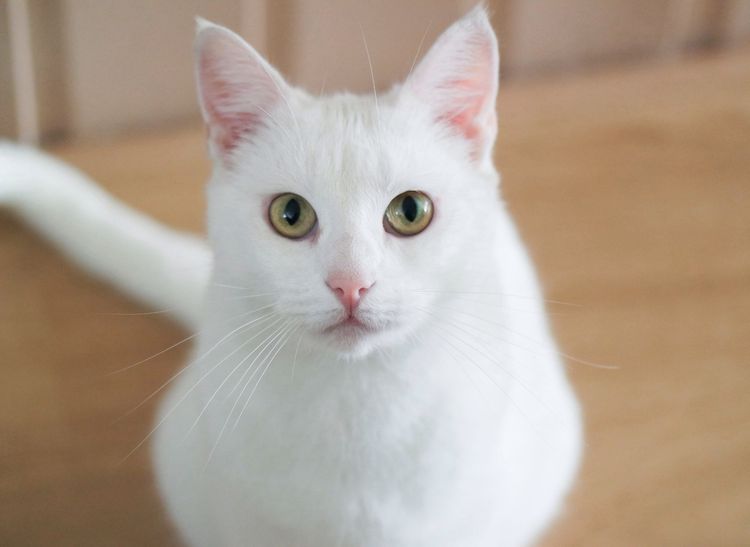
The Best White Cat Breeds to Keep as Pets
Several breeds can result in white cats with long or short hair. Find out the pros and cons of these white cat breeds.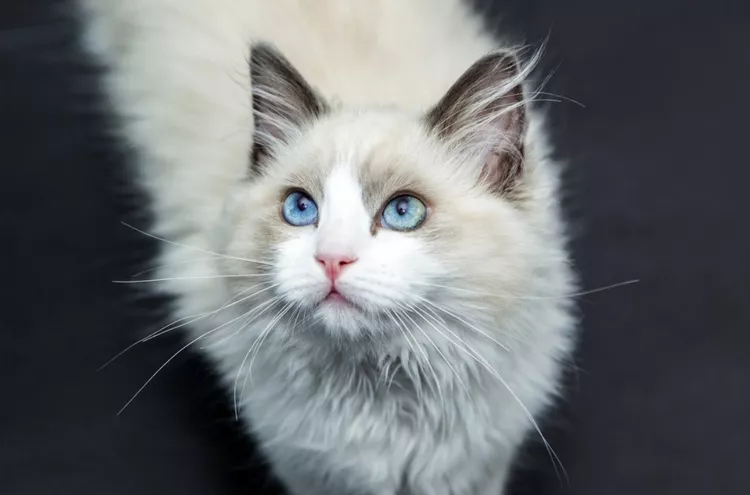
11 Cute Pictures of Ragdoll Cats
Ragdoll cats are known for their beautiful coats and bright, blue eyes. Learn all about the breed, and check out some cute pictures here.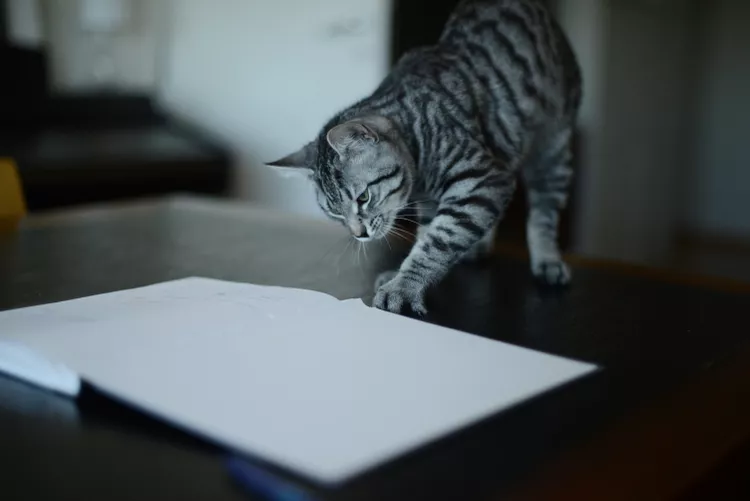
7 Reasons Why Your Cat Eats Paper, and How to Stop It
Is your cat eating paper? Learn why your cat is doing this, and find out how to put a stop to it.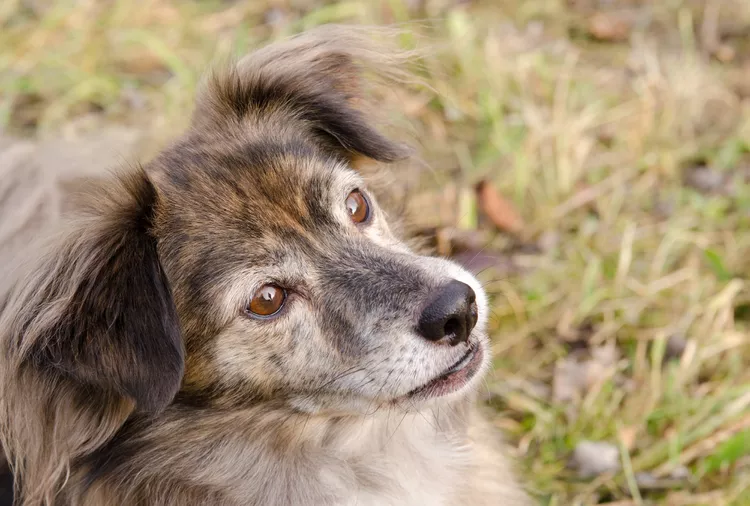
Feist: Dog Breed Characteristics & Care
Feists are small, short-haired dogs developed to hunt squirrels and catch vermin. These high-energy, affectionate pooches make great companion animals.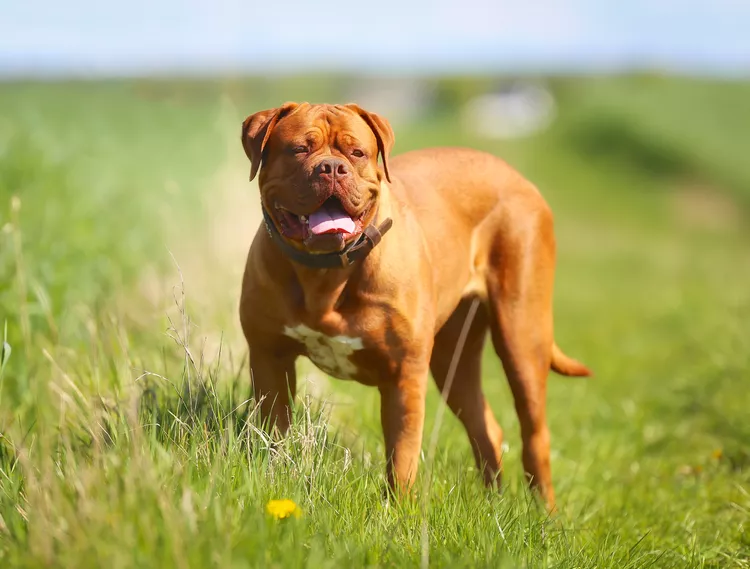
Dogue de Bordeaux (French Mastiff): Dog Breed Characteristics & Care
Learn about the Dogue de Bordeaux, also called the French mastiff. Although large and muscular, they’re known for their calm and gentle personality.
How to Stop Your Dog From Fearing Men
Many dogs have a phobia of men. Learn how to help your dog overcome its fear through desensitization and training while keeping everyone safe.
Why Dogs Eat Poop and How to Stop Them
Is your dog eating poop? Some dogs do this because of stress or illness. Learn how to prevent stool eating, or coprophagia, in dogs.